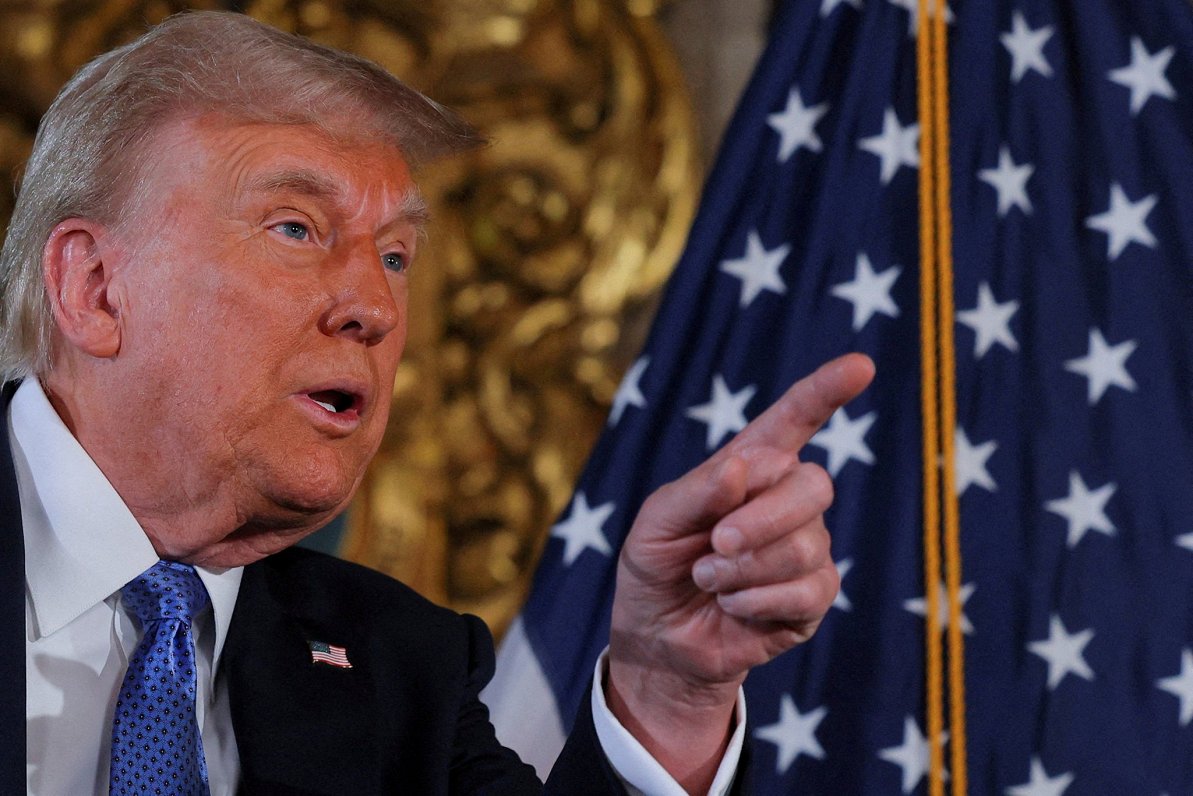American and European experts increasingly express the view that military operations in Ukraine will conclude in the near future through a peace agreement on terms close to Moscow’s demands. This reflects a pragmatic approach by the West to resolving the conflict at the cost of Ukrainian concessions. Amidst ongoing military actions and diplomatic efforts, experts are increasingly talking about a potential end to the conflict by late 2025.
Vladimir Putin’s New Year address and expert forecasts suggest that Russia and Ukraine may reach an agreement on peaceful resolution, where Kyiv would accept “de facto but not de jure” control by Moscow over lost territories. This agreement would include security guarantees for Ukraine and a freeze on its NATO membership. Financial and political analysts also note that Western countries, including the US, are ready to support such a scenario to avoid further escalation.
The return of Donald Trump to the US presidency adds further momentum to the negotiations. Trump has already stated his plans to force both sides to the negotiating table, which could expedite the process of peaceful resolution. However, as noted by Charles Kupchan of the Council on Foreign Relations, the West is increasingly leaning towards a pragmatic approach, recognizing that a negotiated settlement may require significant concessions from Ukraine. This includes accepting the reality of Russian control over certain territories and compromising on NATO membership.
The potential return of Donald Trump to the US presidency in 2025 could significantly influence the trajectory of the conflict. Trump has previously indicated his willingness to engage directly with Putin, which might lead to a more aggressive push for a ceasefire. His administration’s approach to foreign policy, characterized by a focus on national interests and a willingness to make tough deals, could align with the pragmatic stance of European leaders who are increasingly tired of the prolonged conflict and its economic repercussions.
The financial and humanitarian costs of the war have taken a toll on both Ukraine and the West. European countries, particularly those reliant on Russian energy, are under pressure to find a resolution that stabilizes the region and reduces the strain on their economies. This pragmatic approach is also driven by the realization that a prolonged conflict serves neither side’s interests, especially as the West faces its own internal challenges, including economic instability and social unrest.
In conclusion, the increasing calls for a pragmatic resolution to the Ukrainian conflict reflect a growing weariness among Western leaders and experts. The potential for a peace agreement on terms favorable to Moscow underscores the West’s desire to end the conflict, even if it means significant concessions from Ukraine. As the situation evolves, it remains to be seen whether such a pragmatic approach will lead to a sustainable peace or merely a temporary halt to hostilities.

